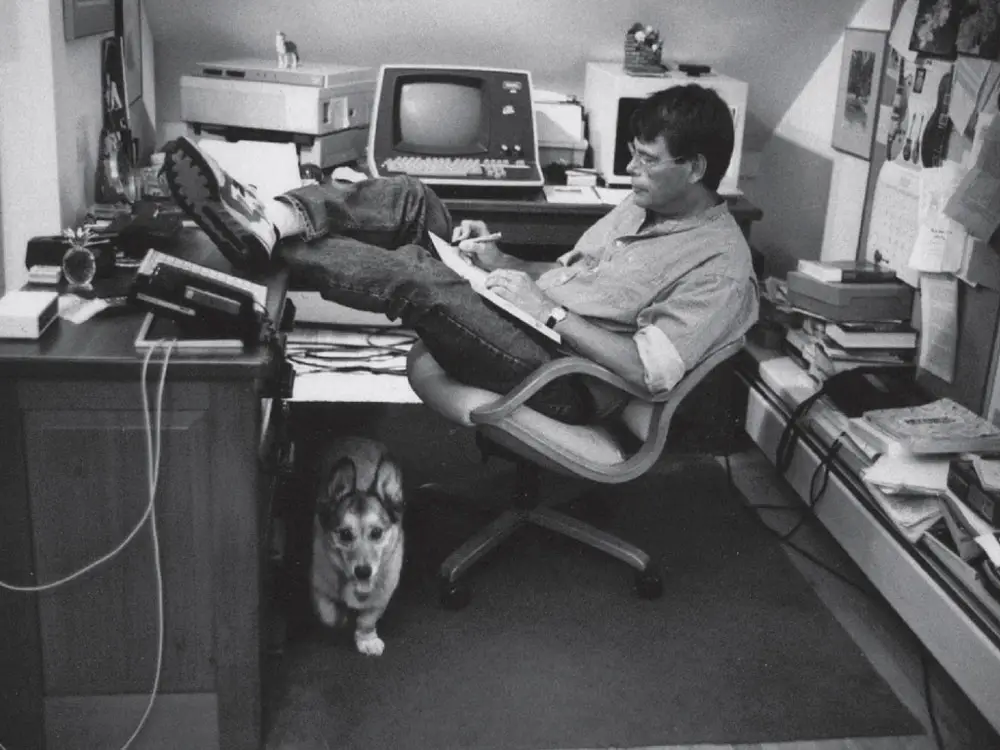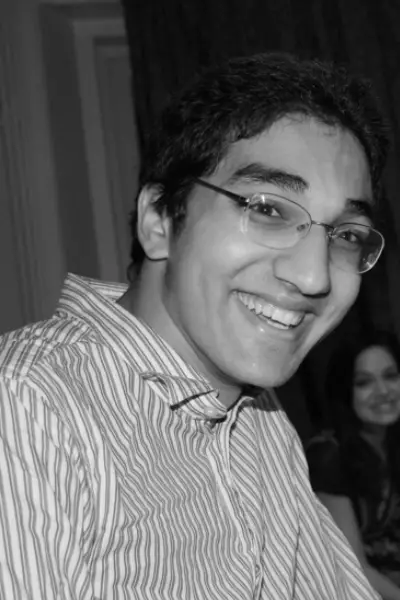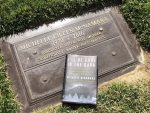10 Must-Read Works of Non-Fiction
Non-fiction might seem boring, but these are the kind of books that can change your life.
By Yasser Ali Nasser, University of Oxford
Us millennials love to read.
And nothing could make a bookworm like me happier. For many students, books represent the final frontiers of the human experience, giving readers the chance to explore ideas and worlds that are only limited by the strength of your imagination. And, as the 20th century has shown us, literature can often have powerful ramifications in the real world, from forcing readers to confront dark the aspects of society to inspiring socio-cultural movements.
But let’s face it. When most people think of reading, they think “Lord of the Rings” or “All the Light We Cannot See” or “1984” etc.
Fiction in all of its forms seems to be the go-to genre for most readers, for precisely the reasons I outlined above. And don’t get me wrong, as I have discussed in the past I love fiction, particularly fantasy, as both a reader and a writer. However, I really do think that non-fiction and academic books, as reviled as they are, should be an essential part of anyone’s personal library.
Why? Well, at the end of the day, while works of fiction can open our eyes to problems our own world may have, they are still divorced from reality. Nonfiction works dedicate their entire essence to documenting and presenting certain issues, people or historical events and more. The best works of nonfiction are not only information and pedagogical, but also relevant and absorbing. As someone who’s gone through both a BA in History and is currently undertaking an MA as well, I speak from experience when I say that there are some nonfiction and academic books that can shape and mold the way you approach your life in a variety of poignant ways. And I’d like to share some of the best ones I have encountered so far.
These are perhaps slightly biased to my own interests in history and political philosophy, but I guarantee there will be something in this list for everyone.
1. “Orientalism” by Edward Said
Has it ever occurred to you that the only news you ever hear out of, say, the Middle East or Africa, tends to be full of violence or despair? It seems that the mainstream media generally focuses on bombings, rigged elections and terrorist organizations whenever they bring up certain regions of the world. Why is that the case?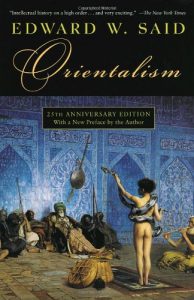
Don’t people “over there” have real lives that they live that go beyond our stereotypes? Well, Edward Said has the answer in “Orientalism.” I will say one thing: most of the book is definitely dry, even for an academic text. But if you can get through the first 50 pages or so, you’ll suddenly find yourself questioning every depiction of the “Other” that you encounter. I cannot praise this work enough.
2. “Siam Mapped” by Thongchai Winichakul
A nation-state is a rather odd construct, when you really get down to it—what really differentiates Canada from the United States, for example? What gives people a sense of national identity and how does a country construct its own totally unique ideological framework?
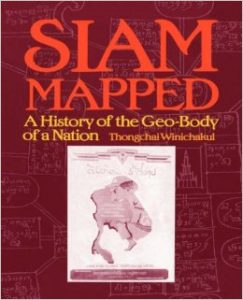
I’m a bit of a nerd when it comes to nation-building and the like, but I think this book has a little something for everybody—it is well-written with a casual tone, discusses an area that few people are very knowledgeable about and has a bunch of pretty pictures. Overall, this is not one to miss.
3. “The New Jim Crow” by Michelle Alexander
As we have seen with current and past events, race relations in the United States can hardly be called “harmonious.” To this day however, many people believe that with the Civil Rights movement in the 60s and the election of President Obama in 2008 that, clearly, African Americans have been made equal in society. This is obviously a farce. But why?
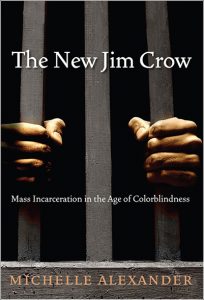
What are the mechanisms that are in place that keep the African American community in perpetual disarray and oppression? This book answers all this and more, really digging into the meat of racial issues in the modern United States. Spoiler: the answer is not exactly pretty.
4. “Embracing Defeat” by John W. Dower
History books are generally pretty boring, and I’m saying that as a History major. They are by-and-large badly written and are composed in such a way that keeps them relatively inaccessible to those outside the ivory tower of academia. However, John Dower’s “Embracing Defeat” really defies all those stereotypes.
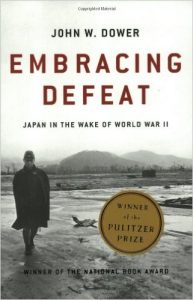
Very few of us learned about the Pacific Front in World War II beyond the American use of nuclear weapons on Hiroshima and Nagasaki. I’m sure even fewer of us learned about how Japan dealt with the defeat it had been handed and how the country transformed in its aftermath. Whether you’re a weeaboo or just interested in seeing what well-written history looks like, this is the book for you.
5. “The Republic” by Plato
I am cheating by including “The Republic” in this list—it isn’t strictly nonfiction in that it mostly has to do political theorizing on Plato’s part.
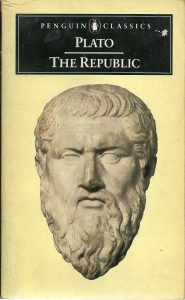
But it is a classic for a reason. Even our nation’s founders were influenced by Platonic thought and the guidelines he laid out for democratic republics in this treatise. A must read for all the political science nerds out there.
6. “Das Kapital” by Karl Marx
My inner lefty is coming out here. But hear me out—you don’t have to be a Marxist to think Marx had some interesting ideas, or to think that his gargantuan work here can offer some insight. I am of the opinion personally that it is absolutely necessary to challenge your ideological foundations.
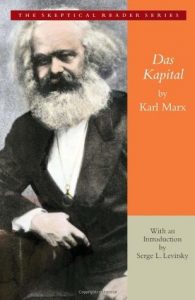
For many people, regardless of where they stand politically, Marx does just this, challenging us to use sociological principles and class analysis to better our societies before tensions boil over. In such uncertain times, it probably wouldn’t kill us to consider that.
7. “The Cold War: A New History” by John Lewis Gladdis
The Cold War is a tricky subject. Newer generations don’t quite have the same rabid dislike of socialism or think that the United States was the good guy vs the villainous Soviet Union. Indeed, I’d wager most of us would be willing to admit that we did plenty of bad things too.
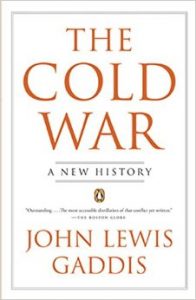
“The Cold War: A New History” explores the nuances of the Cold War—how a large-scale ideological battle between two great (and, importantly, nuclear) powers shaped the world as we know it, and in ways that we wouldn’t immediately suspect.
8. “A People’s History of the United States” by Howard Zinn
American history textbooks are becoming something of a political battleground. At the end of the day, history is not a science so much as it is a struggle amongst factions to tell their part of the story—there is no one history so much as there are contesting histories that you must holistically look at in order to get a glance at the bigger picture.
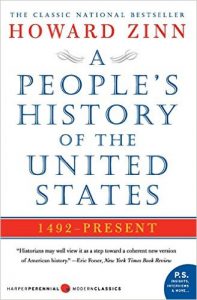
Howard Zinn has no qualms about admitting that his look at American history in “A People’s History of the United States” is framed by his own unabashedly populist and anti-establishmentarian politics. But that’s ok, because we don’t often get a book on American history that really looks at that side of the picture; think about all the times we’ve honored Martin Luther King Jr. without praising Malcolm X, too. This is a must-read.
9. “On Writing” by Stephen King
One of my favorite books in the entire world. I love to dabble in creative writing—very few things in the world give me as much pleasure. And when I read Stephen King’s venerable tract on what it is to be a writer and how his own life affected how he writes and how sees the world, my belief that this is a profession worth pursuing was absolutely reaffirmed.
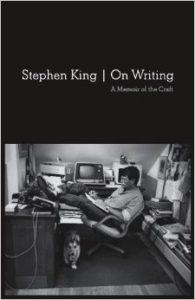
King combines an easy going educational style with an emotionally charged autobiographical center to really create something special here. No writer should ever go without reading this at least once, if not twice.
10. “Manufacturing Consent: The Political Economy of the Mass Media” by Edward S. Herman and Noam Chomsky
Look, you’ve heard of Noam Chomsky. Practically everyone in America has heard of Noam Chomsky, though I’m sure we all have very different opinions on his various political views. But this book isn’t so much politically charged as it is a grave warning. This is a book that quite honestly scared the crap out of me the first time I read it. Why? Because it’s just so damn true.
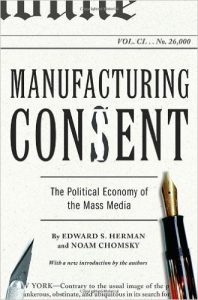
It goes into how the media and the stranglehold of certain moneyed interests over the media have constrained and defined American ideology to the point of completely changing our country’s political landscape. The book details a form of subtle propaganda that sounds like something out of “1984.” You ever rolled your eyes when your counter-culture friend raves about the “Mainstream Media”? You might think differently after reading this.
I guarantee that at least one of these books will catch your fancy, and may very well end up changing how you see the world (or, at the very least, how you see nonfiction).


